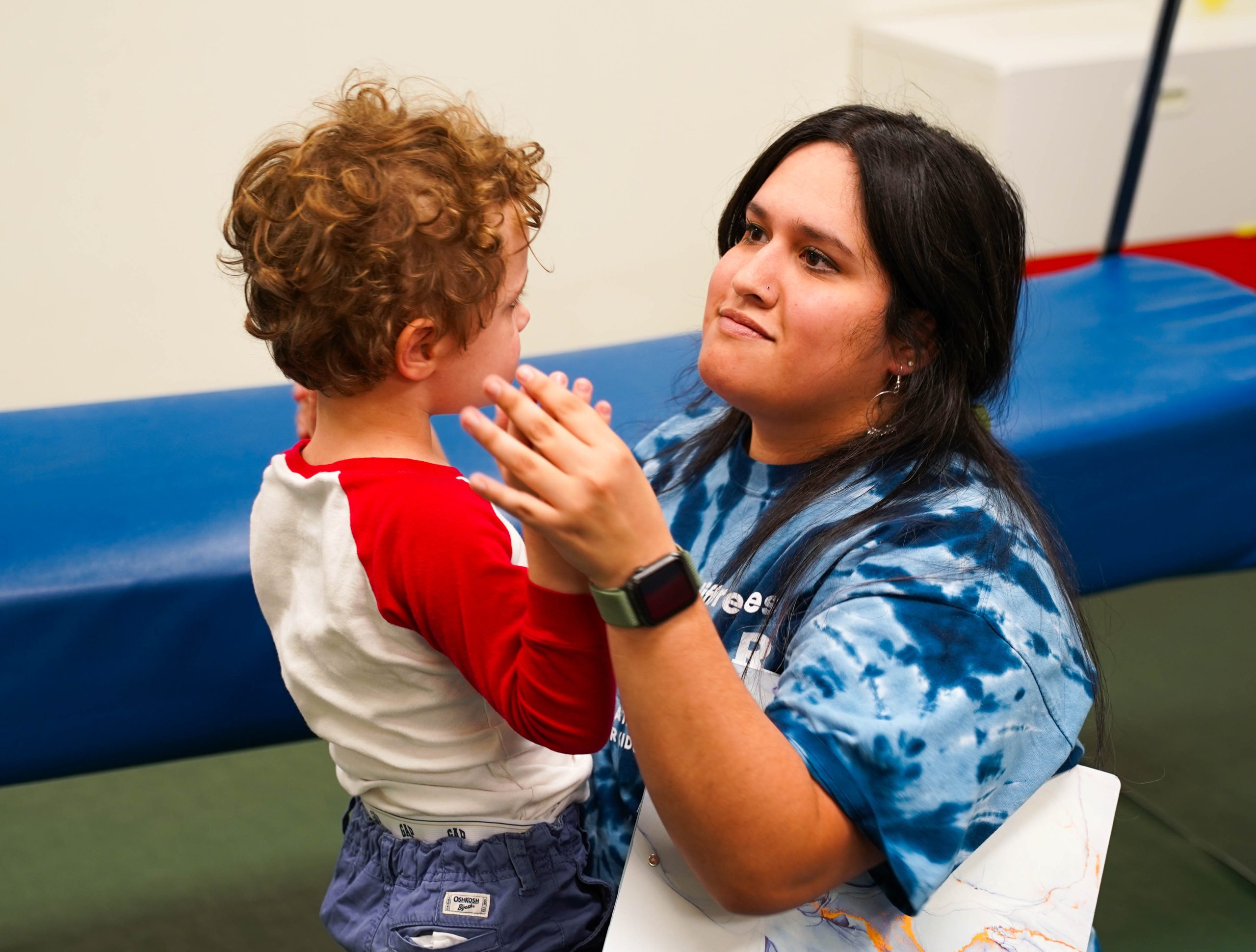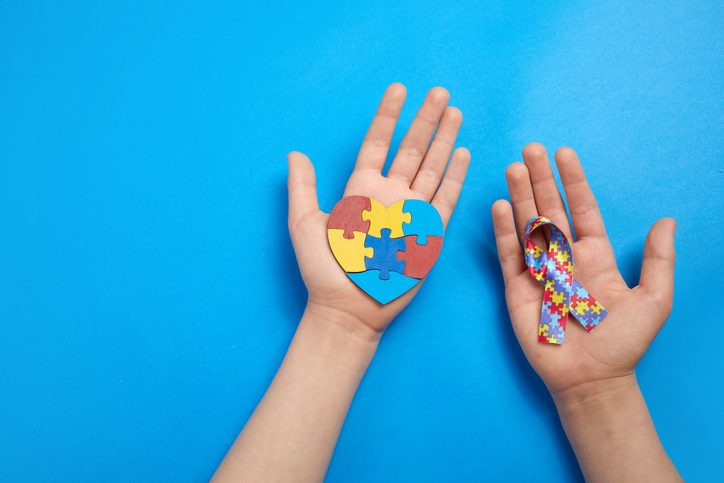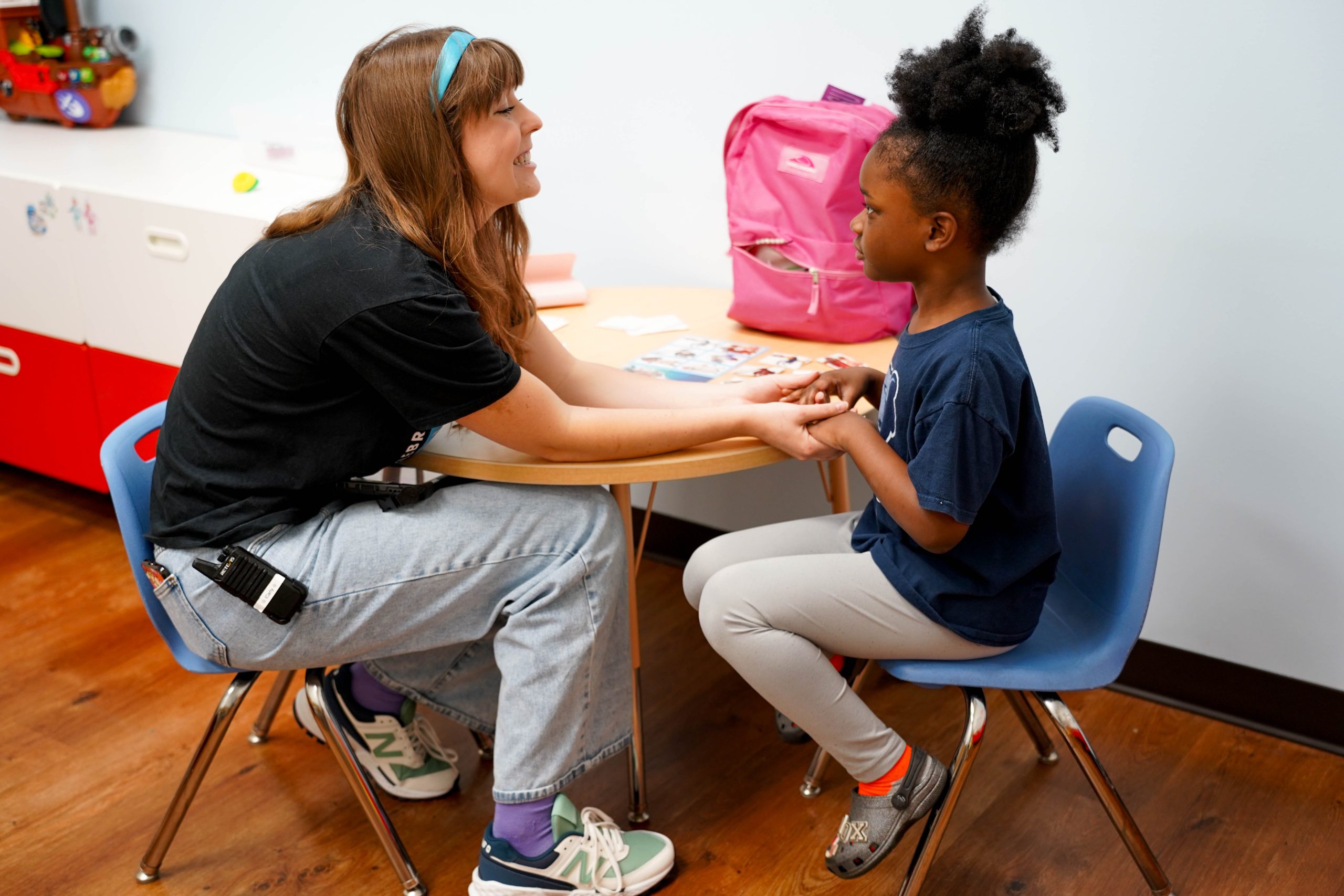Signs of Autism in Children
At Behavioral Innovations, we’re dedicated to helping children and families learn about autism spectrum disorder (ASD). Around 1 in 36 children have a diagnosis of autism in the United States. While a single cause isn’t known for autism, it’s generally accepted that it’s caused by differences in brain structure or function.
The complex neurodevelopmental condition can affect a child’s verbal and nonverbal communication, social skills, relationships, and self-regulation. The term “spectrum” emphasizes how these conditions can vary and present themselves differently for each person.
Some common signs and characteristics of autism include:
- Social communication and interaction challenges
- Over- or under-sensitivity to sensory details like sounds, smells, taste, touch, etc.
- Highly focused interests or hobbies
- Restrictive and repetitive behavior
- Unusual body movements, such as hand-flapping or walking on tiptoes.
An early diagnosis and related steps for intervention are beneficial for helping children with ASD lead productive lives. Parents can also take The Childhood Autism Spectrum Test or CAST questionnaire to assesses for symptoms of autism.
Take the CAST
 Autism is a diverse spectrum, and it can manifest in countless ways. In fact, it’s the first step towards understanding your child’s unique strengths and unlocking their incredible potential. If your child is showing
Autism is a diverse spectrum, and it can manifest in countless ways. In fact, it’s the first step towards understanding your child’s unique strengths and unlocking their incredible potential. If your child is showing 



 At Behavioral Innovations, our professionals provide accurate and thorough diagnostic evaluations. The entire process may take several hours to complete and may vary, depending on the complexity of each assessment and the individual needs of your child. Here’s an overview of what you and your child can expect:
At Behavioral Innovations, our professionals provide accurate and thorough diagnostic evaluations. The entire process may take several hours to complete and may vary, depending on the complexity of each assessment and the individual needs of your child. Here’s an overview of what you and your child can expect:
